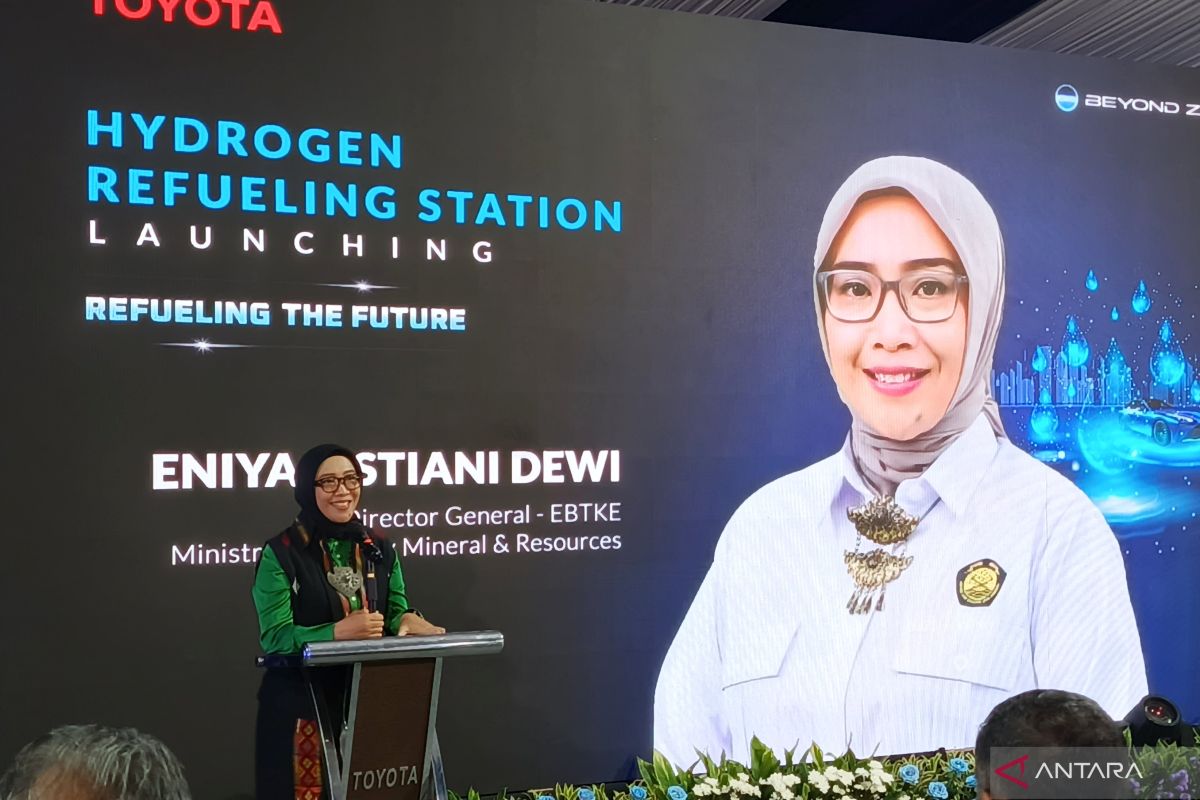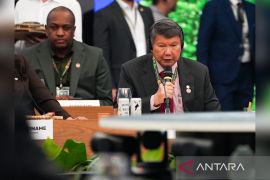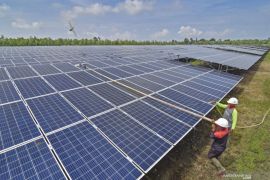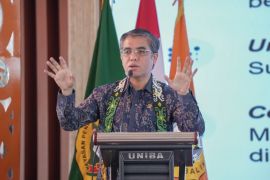"One of the important articles is that all industries and business entities that strive for emission reduction will get incentives through carbon economic value," Director General of Renewable Energy and Energy Conservation at the Ministry of Energy and Mineral Resources Eniya Listiani stated here on Tuesday.
She clarified that the incentives to be given specifically to industry players involved in decarbonization efforts will be defined in the technical regulation following the bill's passage.
According to Listiani, the article essentially aims to encourage local industrial entrepreneurs to pursue decarbonization, recognizing that energy self-sufficiency and transition are among the government's priorities.
She cited as an example that the government established the first public electric vehicle charging station (SPKLU) in 2018 to stimulate the development of the electric vehicle ecosystem that supports the country's energy transition.
The Institute for Essential Services Reform (IESR) advocates for updating energy policies and promoting industrial decarbonization to meet the renewable energy mix target.
The IESR assessed that achieving the renewable energy mix target and significantly lowering energy sector emissions requires updating policies such as the National Energy Policy (KEN) and the National Energy General Plan (RUEN).
Additionally, emphasis is laid on the importance of incorporating emission reduction targets and support schemes into the National Electricity General Plan (RUKN), Electricity Supply Business Plan (RUPTL), and the final EBET Bill.
Related news: RI reaffirms commitment to achieving carbon emission reduction target
Related news: Indonesia's green agenda: Harmonization of economy and environment
Translator: Ahmad Muzdaffar, Raka Adji
Editor: Primayanti
Copyright © ANTARA 2025












